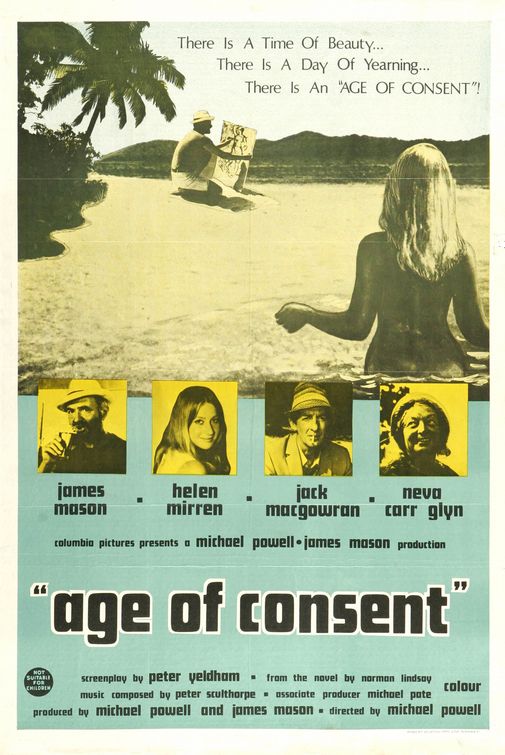

Ĭertain groups of people are required by law to report any suspicion of abuse or neglect of a child or young person to government authorities. Further information on reporting child abuse and neglect can be found in the CFCA Resource Sheet: Reporting Child Abuse and Neglect. Anyone who suspects, on reasonable grounds, that a child or young person is at risk of being abused and/or neglected should report it to the reporting authority in their state or territory. Reporting child abuse and neglect is a community-wide responsibility. In Australia, state and territory governments are responsible for receiving reports of suspected child abuse and neglect from members of the public. How do I report suspected child abuse and respond to disclosures?
#Youngest age of consent code#
JurisdictionĬriminal Law Consolidation Act 1935 (Section 46)Ĭriminal Code Act 1924 (Schedule 1, Section 2A)Ĭriminal Code Act Compilation Act 1913 (Section 319(2)) It is not enough to say that an individual consented just because they did not refuse or resist.

#Youngest age of consent free#
Consent also needs to be actively communicated in order to establish a free agreement (Fileborn, 2011 Powell, 2010) this is known as 'positive consent' (Fileborn, 2011). Consent can only be given if it is free and voluntary, without fear, coercion, intimidation or anything else that inhibits free agreement (Australian Law Reform Commission, 2010 Powell, 2010). Consent is an individual's free agreement to participate in an activity. Legal definitions of consent vary between Australian state and territory jurisdictions (see Table 1 for links to the legislation). It also answers common questions from professionals in the child, family and community welfare sector on related issues, including reporting, responding to disclosures, laws for those in supervisory roles, developmentally appropriate sexual behaviours, and digital technology. It then summarises age of consent laws by state and territory jurisdiction. This reference guide outlines how consent is legally defined and why age of consent laws are needed to help protect children and young people from sexual exploitation and abuse. When an adult engages in sexual behaviour with someone below the age of consent, they are committing a criminal offence (child sexual abuse). Young people at the age of consent are viewed by law to have general sexual competence to enforce personal boundaries and negotiate the risks involved in sexual activities. Age of consent laws attempt to strike a balance between protecting children and young people from exploitation and other harms and preserving their right to privacy and healthy sexual development. This reference guide provides information for professionals in the child, family and community welfare sector about age of consent laws in Australia. Youth Law Australia provides free, confidential legal information and help for young people under 25 years, including information about age of consent laws for your state or territory.It also provides a national sexual assault, domestic and family violence counselling service.

1800RESPECT provides information about what age of consent means, what healthy relationships look like and what sexual violence looks like.Kids Helpline provides information for young people about what consent means when engaging in sexual activity.ReachOut has information on sex and relationships for young people.If you are a child or young person who wants to learn more about sex, consent and respectful relationships, see the following websites: This reference guide is for professionals in the child, family and community welfare sector. Information for children and young people


 0 kommentar(er)
0 kommentar(er)
